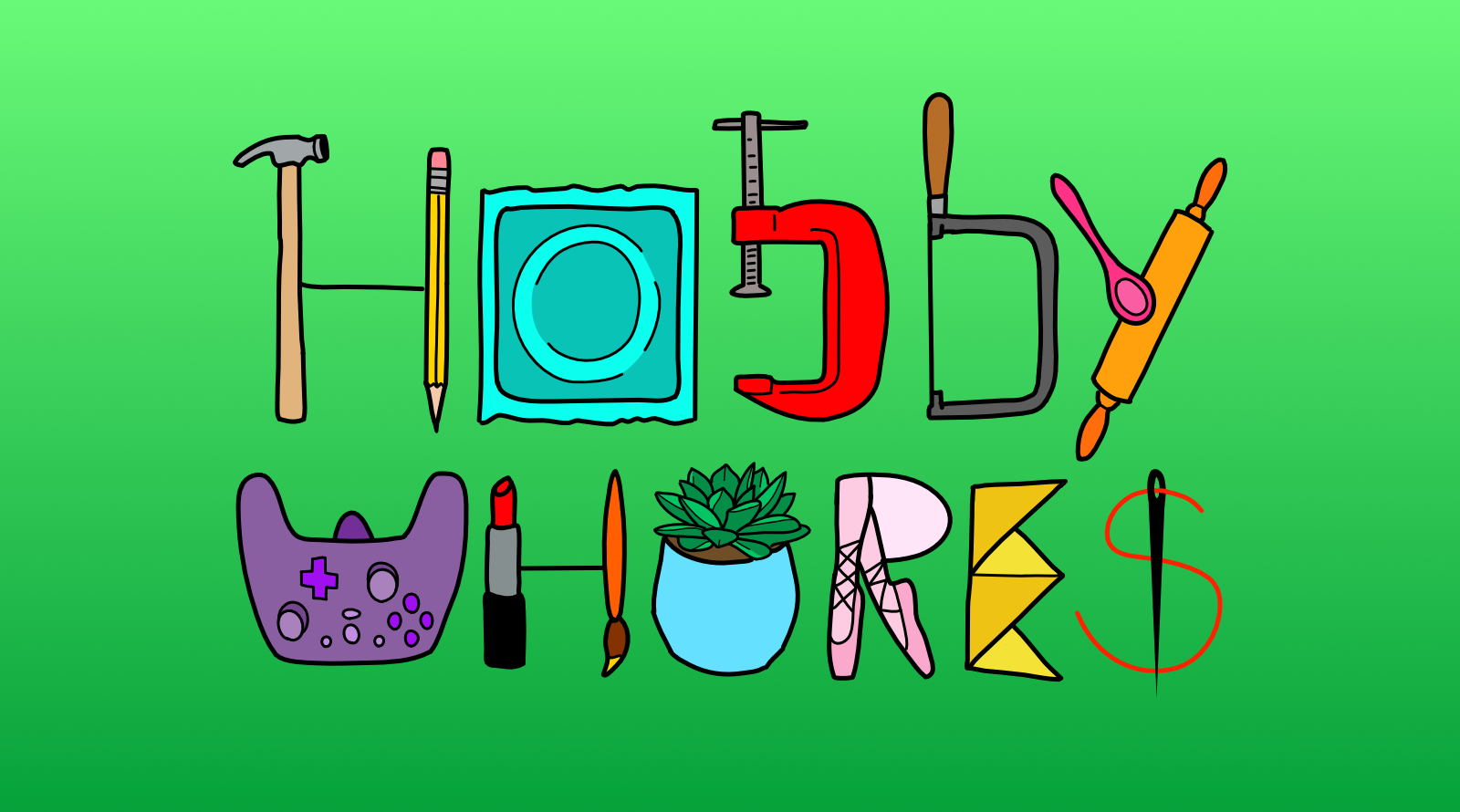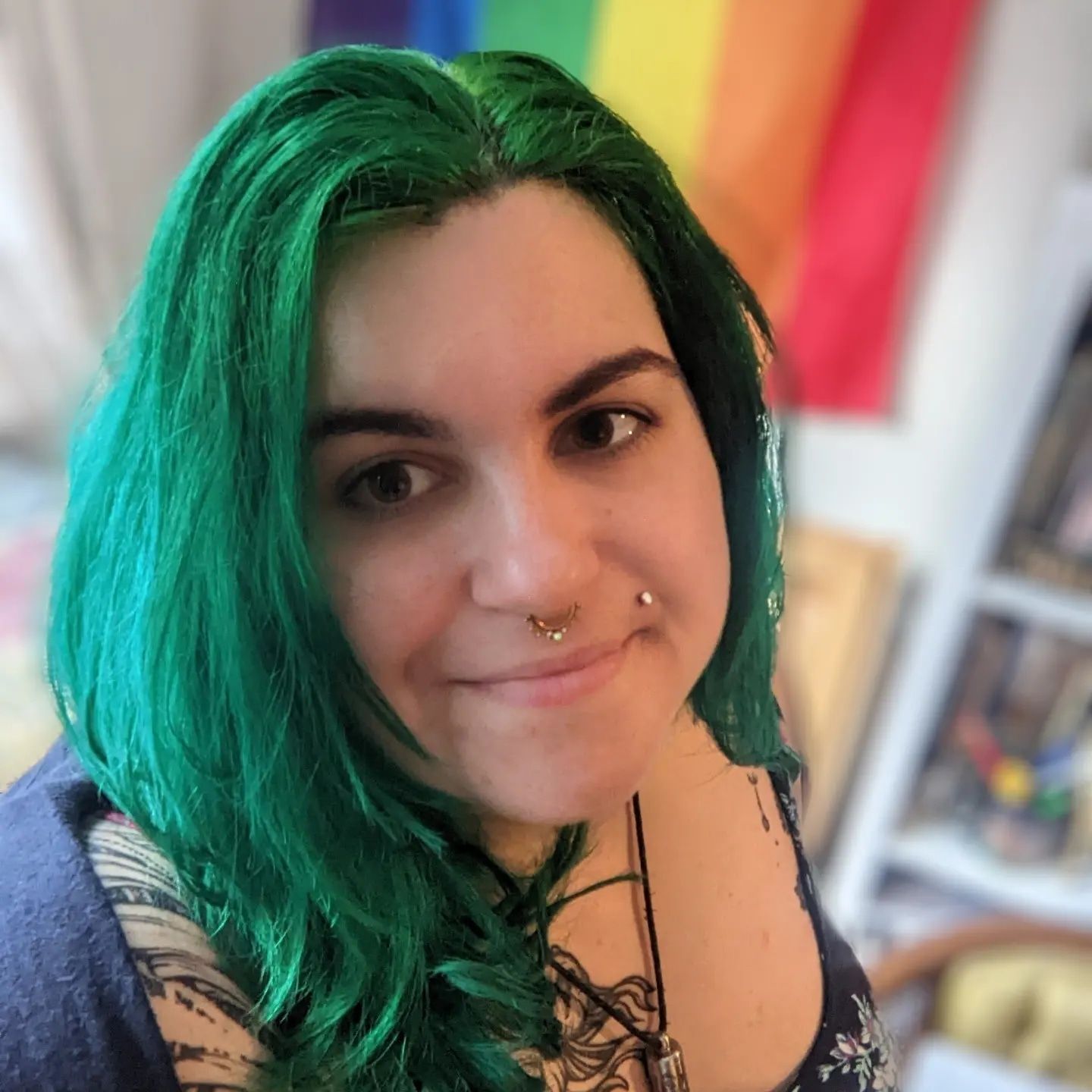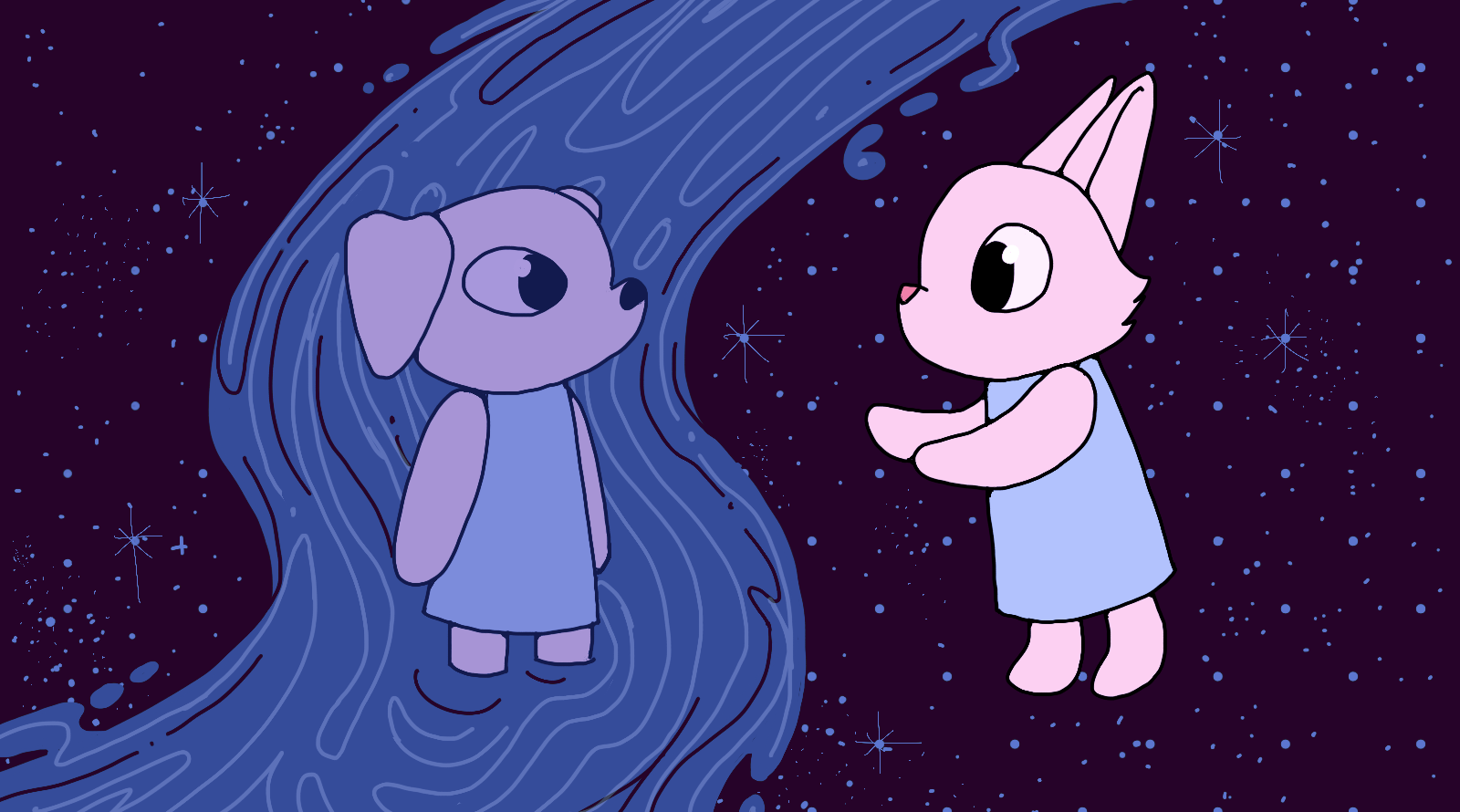It's probably obvious that I love plants, based on my tattoos. I've got skullcap, goldenrod, calendula, yarrow, and blackberry so far, all of which are important to me. I'm both an herbalist and someone who casually studies plant identification.
When I was 18, I worked on a goat farm that was run by an herbalist who I consider to be one of my mentors. She is also a shepherdess, weaver, and artist. She treated herself, her goats, and her family with herbal medicine. We made a medicinal tea each night, including herbs such as dandelion root, burdock root, mint, licorice, hops, nettle, blackberry leaves, fenugreek, flax seed, and marshmallow. She taught me how to make salves and tinctures and how to identify the herbal allies that grew around the farm. I read every book she owned on herbalism, primarily those by Rosemary Gladstar.
I found plant identification overwhelming and was scared to make mistakes, so I took it very slowly, only learning a few at a time and getting to know them intimately. I watched how the plants I could identify changed as we moved through the seasons. My first herbal allies were yarrow, dandelion, burdock, calendula, and violet. These are still plants that resonate strongly with me years later.
She also kept a garden for natural dyeing fiber and yarn from her angora goats and border leicester sheep. Natural dyeing was something I got to learn during my time with her, in addition to spinning yarn and knitting. Plants used for dye have deep histories and traditions. Some of my favorites are black walnut hulls, goldenrod, and onion skins, all of which are easy to forage in the northeastern United States and are usually abundant.
I found plant identification overwhelming and was scared to make mistakes, so I took it very slowly, only learning a few at a time...
While working with her, I found myself drawn to herbalism due to its accessibility. At that time in my life, I didn't have health insurance and I was struggling with severe eczema that was not helped by many expensive dermatologist appointments. Herbal salves helped heal my skin and tinctures helped my body as I went through topical steroid withdrawal.
This is not to say that I do not value Western medicine and that there isn't a place for it. However, herbalism is based on both ancient traditions and is backed by science. Herbalism can be accessible when Western medicine is not, particularly if you live in the United States. Making tinctures, teas, and salves are skills many people can learn. As a leftist with a deep appreciation for mutual aid, I find herbalism and plant identification to be an important part of my praxis. Kitchen witchery can be a radical act, especially when we invite others into the kitchen to share our knowledge and into the woods to introduce the plants we know.
Some people are incredibly precise in their herbalist practices, I am not. I do not weigh ingredients and I, instead, use what is called ‘the folk’ or ‘simplers method’. With tinctures, I simply make sure the alcohol is covering the plant. I focused on one plant at a time and those that I knew locally and could forage or grow myself.
In introducing herbalism into my life, I felt more in touch with my body than I had previously. I also had hope that there were remedies that could help me. I suffer from anxiety and depression and when medications were not available to me, skullcap, lemon balm, and passion flower were. When hormonal birth control caused horrible side effects, even after I stopped taking it, herbs helped balance my hormones. Herbalism focuses more on holistically supporting overall wellness rather than treating a single symptom.
This is not to say that I do not value Western medicine and that there isn't a place for it. However, herbalism is based on both ancient traditions and is backed by science.
Safety and knowledge is incredibly important when using herbal remedies. You want to be sure that it's not going to interact with any medications that you're on or other herbs you may be taking. Source from reputable companies or, if foraging, be positive of your ID (identification). Tell your healthcare providers about any herbs you use.
After I left that farm and my mentor, identifying the plants we had used there felt like seeing old friends who had supported me. Years later, it still feels that way when I see my backyard explode in violets and dandelions.
At the age of 21, I moved much further south and began my own homestead with a small herd of dairy goats. I used herbal remedies I learned from my mentor and I focused on supporting the holistic health of my livestock. Slippery elm is an incredible herb for a goat with scours, and providing kelp is a wonderful source of iodine. I grew a huge garden including medicinal plants, such as skullcap, comfrey, and calendula. I learned about new plants that grew in the south, such as wild lettuce and Florida betony.
I moved back to Ohio in 2021 and have really enjoyed reuniting with my first herbal allies. Since returning, I've been attending plant identification walks and expanding my knowledge. Even when not foraging or engaging in herbalist practices, plant identification helps me feel more connected to the world around me. I love knowing that mayapples indicate a healthy box turtle population or that the area I'm walking through has a more acidic pH.
When foraging, it's important to keep both safety and ethics in mind. Do not harvest a plant whose ID you're unsure of. Do not harvest plants that are at-risk, protected, endangered or critical. Only harvest from areas where it is allowed. Learn from experts and carry foraging guides local to your area. Know which parts of a plant are medicinal and which may be toxic. Do not harvest more than 10 percent of what is available. Make sure you're aware of the plant's life cycle and what time of year you should harvest so that you're not preventing it from reproducing or negatively impacting the surrounding ecosystem. I'll include resources at the bottom that will guide you in sustainable foraging.
When foraging, it's important to keep both safety and ethics in mind. Do not harvest a plant whose ID you're unsure of...
I find the term “wellness” to be a bit ableist. The wellness industry sees huge annual profits, and benefits from the way that late stage capitalism doesn't allow us to be unwell. In my herbalist practice, I want to accept wholeness, including my own and others limitations and disabilities. Taking the time to learn each herb individually goes hand in hand with allowing myself to rest and having patience and even love for my limits. I don't think that capitalism allows any of us to be truly well and occasionally taking skullcap tincture while fascism looms and the earth is on fire, feels akin to placing a bandaid on a wound that requires suturing. A lack of wellbeing is not an individual failing, which is what many “holistic” influencers like to imply. If you read this and think “well that's great and all, but I'm too fatigued to make a cup of tea”, I get it and I've been there. I dream of a future where community care is abundant and my neighbor knows that they can ask me for what they need.
Resources:
https://blog.mountainroseherbs.com/united-plant-savers-protecting-at-risk-native-medicinal-plants
https://blog.mountainroseherbs.com/measuring-parts
https://gatherandgrow.com/blog/a-foragers-checklist-for-safe-sustainable-amp-ethical-foraging
The information in this article/on this website is for general information only. It should not be taken as constituting professional advice from the website owner - Tryst. Tryst does not provide medical advice and the information on this site is not intended as a substitute for professional medical advice. Please seek the advice of a qualified medical professional provider regarding any medical questions or concerns you have. Tryst is not liable for any issues caused, whether due to negligence or otherwise arising from the use of, or reliance on, the information provided directly or indirectly, by use of this website or article.
Are you a sex worker with a story, opinion, news, or tips to share? We'd love to hear from you!
We started the tryst.link sex worker blog to help amplify those who aren't handed the mic and bring attention to the issues ya'll care about the most. Got a tale to tell? 👇☂️✨





